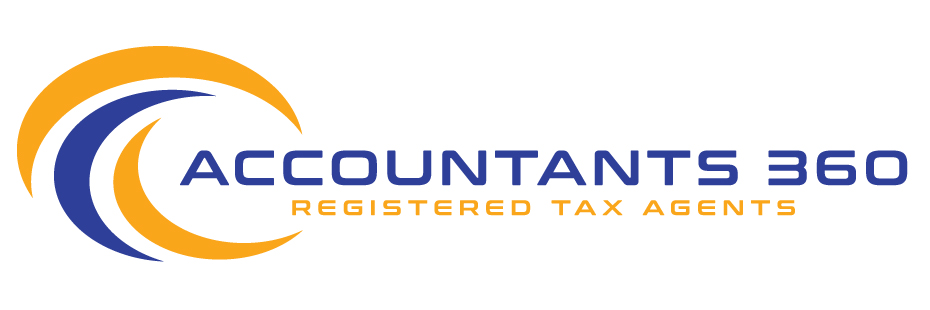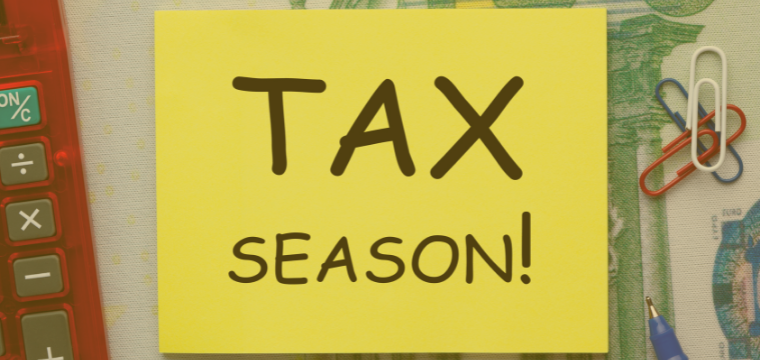As tax season 2022 approaches, June is an ideal time to think about your income tax refund. If this is your first time filing a tax return, there are a few things you should be aware of to maximize the amount of your tax refund.
Should You File a Tax Return?
Most individuals who generate income are required to file a tax return. If your annual income exceeds $18,200, you will be required to pay tax. Pay-As-You-Go refers to the common practice by which your company deducts tax from your pay on a periodic basis (PAYG). If you have paid tax, you may be entitled to a tax refund from the Australian Taxation Office (ATO) in the form of tax deductions for out-of-pocket work-related expenses.
If you have earned more than $18,200 and have not paid tax, a tax agent will assist you in determining your tax obligations and the tax deductions you are eligible to claim when you file your tax return.
Tax rates for Australian Residents 2020-21 and 2021-22 financial years; is below:
| Income thresholds | Rate | Tax payable on this income |
| $0 – $18,200 | 0% | Nil |
| $18,201 – $45,000 | 19% | 19c for each $1 over $18,200 |
| $45,001 – $120,000 | 32.5% | $5,092 plus 32.5c for each $1 over $45,000 |
| $120,001 – $180,000 | 37% | $29,467 plus 37c for each $1 over $120,000 |
| $180,001 and over | 45% | $51,667 plus 45c for each $1 over $180,000 |
Government payments and allowances in Australia
Certain government pay-outs and pensions will be included in your taxable income, but others will not. These payments are required to be reported on your tax return. Most forms will be pre-filled, but your tax professional will review them during your consultation to ensure that everything has been included. Always compare this information with your own records to ensure the accuracy of your declaration. The ATO holds you personally responsible for providing accurate information.
Included among taxable payments and pensions are:
- The Age Pension
- Austudy Payments
- Jobseeker Payments
- Youth Allowance
- Defence Force income support allowance (DFISA) if the pension, payment, or allowance to which it relates is taxable veteran payment invalidity service pension, if you have reached age-pension age disability support pension, if you have reached age-pension age income support supplement sickness allowance, or if you have reached age-pension age income support supplement sickness allowance.
- Parenting Payments (Single or Partnered)
Payments and pensions that do not qualify as tax deductions must nevertheless be reported on your tax return. This allows government agencies to determine if you qualify for additional government benefits, discounts, or tax offsets.
Among tax-free pensions are:
- Some Caregiver Payments
- Disability Support Payments from Centrelink
- Invalid Service Pensions for a Spouse
When Should You File Your Tax Return?
Every year, tax season runs from July 1 until October 31. Late July is the optimal time to file your tax return. This is because certain automatic payment systems that are directly linked to the ATO do not need to be finalised until the 14th of July. Your income statements must be labelled “Tax-Ready” before you can file. Provided you hire a tax agent, you have until the 15th of May of the next year to file your tax return, but only if you scheduled an appointment with them by October 31.
All information from your company, government services, banks and financial institutions, and health insurance providers is required. It is in your best interest to verify that the ATO has your current bank information, so that there are no complications with your tax return.
Your Tax File Number
In addition to ensuring that your bank details are current and accurate, you will also require a tax file number (TFN) to lodge your tax return and for superannuation purposes.
Requesting a TFN is free. Be wary of cons. There are numerous scams, especially around tax season, in which con artists ‘assist’ you register your tax file number or charge for a ‘service’ that they will not provide.
Information on Income
Not declaring all of one’s income details might lead to errors. Your income may exceed earnings from your pay or wage.
There are numerous methods to earn a living. This consists of earnings from:
- your pay check or salary payments in cash
- government expenditures and pension investments and stock
- Real estate sold or rented for cryptocurrencies ride-sharing side hustles.
Tax Deductions
Tax deductions are work-related expenses incurred in the process of earning a living. A tax deduction reduces the total amount of tax owed. You will not receive the full money, but you will receive some. Reducing your taxable income will lower your marginal tax rate and the amount of tax you must pay.
There are a range of tax deductions that can be made:
- vehicle expenses
- travel expenses
- clothing, laundry, and uniforms
- working from home
- the cost of tools
- charities and donations
- self-education
- income protection insurance
- the cost of managing your tax affairs
What Happens After Your Lodge Your Tax Return?
There are numerous reasons why you must file a tax return
You have had PAYG tax deducted from your salary or wage if it exceeds $18,200 per year. You wish to make a tax deduction claim.
- if you have $1 or more of foreign income.
- if you are a liable or recipient parent under a child support assessment and your income was $26,319 or more.
- if you have business or investment income.
- if you are leaving Australia with a study or training support loan.
- if you have a business or investment income.
- if you have a foreign income of $1 or more.
Taxes can be difficult. If you are unsure, please Contact Us on (07) 3804 7575 to reserve your spot in office or over the phone; we know and understand just what you must do. Even better, our fees are 100 percent tax deductible!

